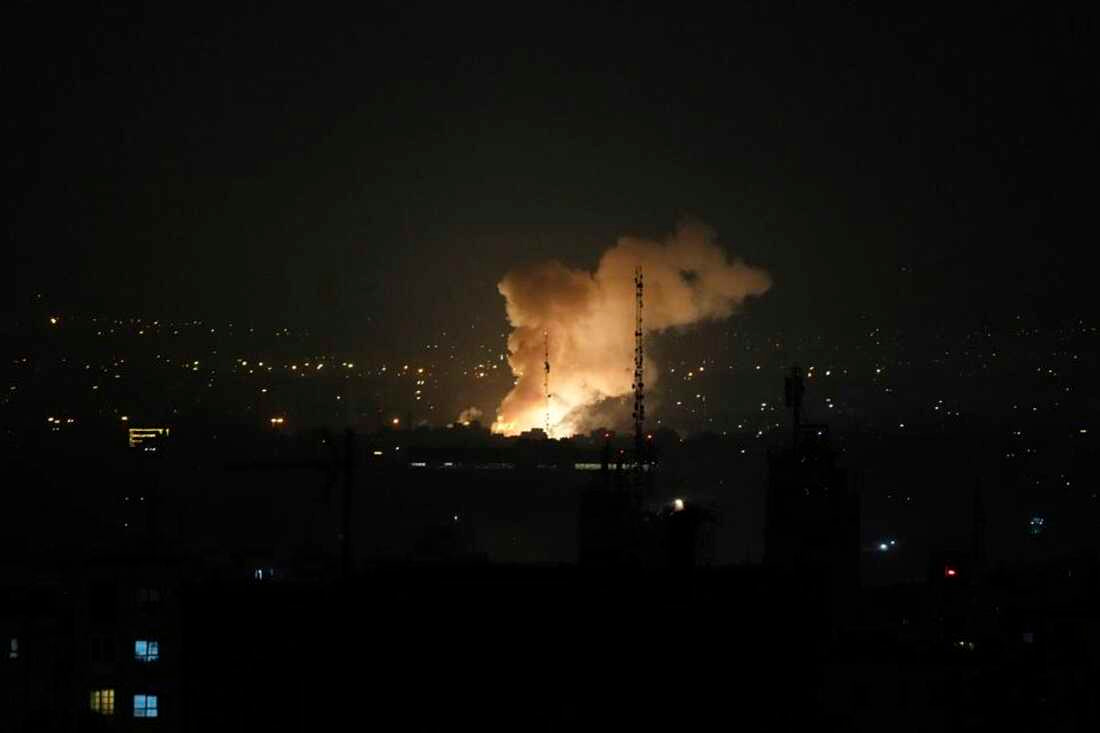Israel just struck Iran. Here’s why Iraq could be next.
The road from Tel Aviv to Tehran goes through Baghdad.

After weeks of speculation, Israel has officially struck Iran, targeting key sites linked to Tehran’s nuclear program.
According to Prime Minister Benjamin Netanyahu, Israel specifically targeted the core Iranian enrichment facility in the city of Natanz.
The Israeli military labeled the operation as an “opening strike” against the Islamic Republic, suggesting that further attacks are likely.
In response, the Iranian military declared that both Israel and the United States “will pay a huge cost,” signaling that retaliation is imminent.
The strike comes amid a growing deadlock in negotiations between the U.S. and Iran over Tehran’s nuclear program.
Israel has long opposed a diplomatic solution to the Iran nuclear issue—especially under Netanyahu, who has consistently advocated for a military approach.
In the days leading up to the attack, the U.S. began evacuating forces and personnel across the region.
Specifically, Washington initiated a partial evacuation of its embassy in Iraq, citing security concerns over a potential Israeli strike on Iran.
Indeed, when—not if—Iran retaliates, the armed confrontation between it and the Jewish state is likely to spill into the streets of Baghdad.
With the fall of its ally Bashar al-Assad in Syria, the Islamic Republic has increasingly relied on its remaining allies and proxies.
While the Iranian-backed Houthis in Yemen have drawn considerable attention since the onset of the Gaza conflict in 2023, less focus has been given to Iran’s other Shia-majority ally: Iraq.
Iraq is home to a wide array of Iranian-aligned militias. The most prominent of these is the Popular Mobilization Forces (PMF)—a coalition of Shia militias first formed in 2014 to combat the Islamic State.
With Syria no longer a viable stronghold, Iran has deepened its reach into Iraq, its last remaining foothold in the Levant. For example, following Iraqi legislation calling for the integration of the PMF into the national security sector, PMF Chairman Falih al-Fayyadh traveled to Tehran to meet with senior Iranian officials—signaling the deepening ties between Iran and its Iraqi allies in countering efforts to curtail their regional influence.
Although the U.S. had no direct involvement in the Israeli strikes, Iran had previously warned that American forces in the region would be targeted if Israel attacked.
Defense Minister General Aziz Nasirzadeh stated, “In case of any conflict, the U.S. must leave the region because all its bases are within our range, and we will target all of them in the host countries regardless.”
Throughout 2024, Iranian proxies in Iraq repeatedly attacked U.S. forces across the country. It stands to reason that a similar wave of assaults will follow the recent Israeli strike.
Israel has demonstrated its willingness to strike Iranian targets in multiple states across the region—Iraq included.
Thus, while global attention remains focused on the direct confrontation between Israel and Iran, Iraq will almost certainly become the primary battlefield between the two.




